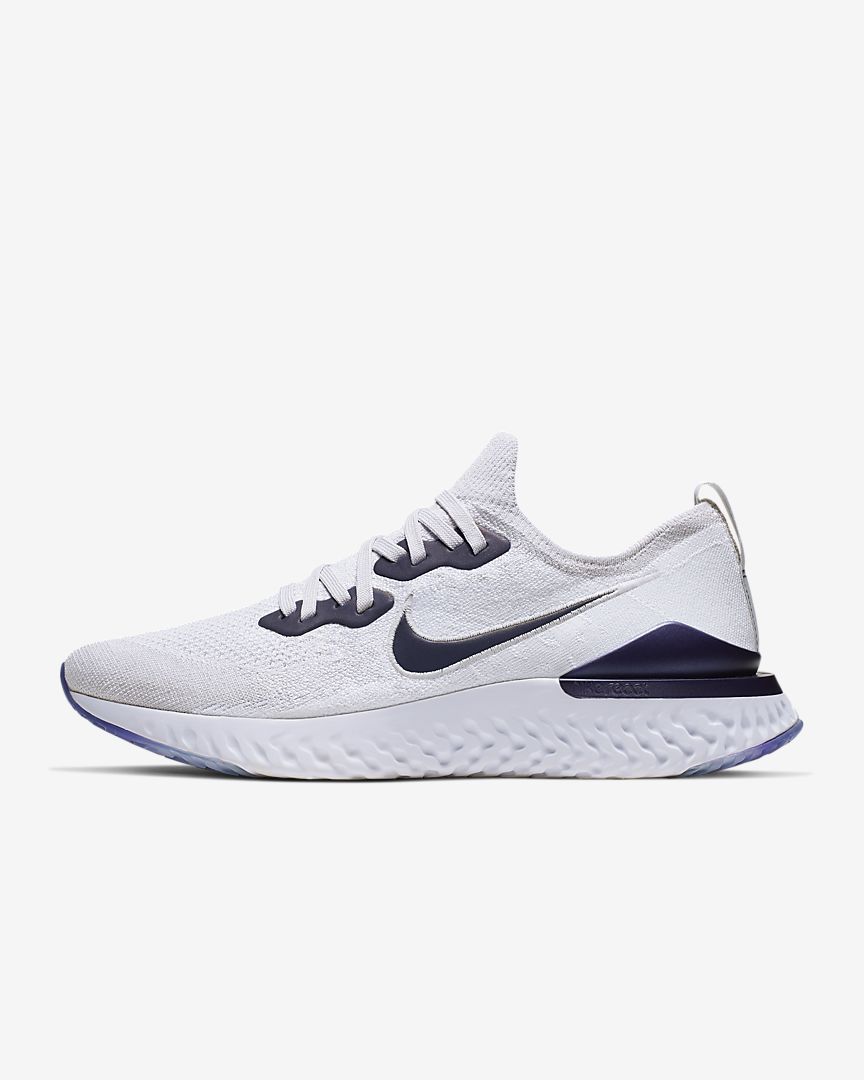Good luck to y’all applying to UW this cycle! A few tips from someone who applied in the last cycle (and thankfully, got in woot woot!):
-Each state works on a different timeline when it comes to interviews. To my knowledge, Seattle has interviews weekly from October through mid February, while Spokane, Alaska, Montana, Idaho, and Wyoming have specific weeks in which they interview. The dates change from year to year, but how they’ve played out last year:
- Seattle: As I mentioned, they interview throughout through the application cycle.
- Spokane: From what I’ve read, non-TRUST interviews took place mid November (November 18-21) and early February (February 3-6); TRUST interviews took place early January (Jan 6-7). All WA TRUST applicants interview at Spokane, if I remember correctly.
- Alaska: They typically take place in late January or early February; this year it was February 10-13, last year it was late January. TRUST interviews take place on the first, maybe second days if there’s many applicants. AK interviews tend to be one of the last ones.
- Montana: MT interviews took place on January 13-16, the year before was around the same. Same situation with TRUST, TRUST applicants get interviewed first.
- Wyoming: WY interviews took place January 27-30, the year before was in early February.
- Idaho: ID interviews took place February 3-7 (funny because in 2018-19, they seemed to have interviewed in early January...)
HOWEVER...thanks to COVID-19, interviews for the 2020-2021 app cycle will be held virtually (at least for MD-only applicants). They haven’t decided anything for MD-PhD yet.
-Timeline for acceptances varies by location (and who knows what this will look like with COVID). If you’re in Seattle, you can receive an acceptance anytime from October to March. For AK, MT, WY, ID, and Spokane, excom (executive committee) meetings take place at the end of the interview week, so you hear back at the end of the interview week or at most, the week after. You will receive a call and an email if you get accepted, regardless of location.
-For interviews:
prepare using the questions UW gives you! If you get an interview, they’ll send you a link to an interviewee website that has a ton of questions to go through! Formulate responses to these and practice. I would recommend reading up on inequalities/disparities in healthcare or health policy-related stuff. Also do mock interviews if you’re able to! The Alliance for Equal Representation in Medicine does mock interviews in Seattle; for the other sites, usually current students hold mocks (at least that was the case in AK). I’ve heard Seattle interviews are a mixed bag, but the other state interviews tend to be more relaxed. Just be yourself when you go in, smile, make eye contact. The interview is pretty short imo, 30 minutes with 3 excom members, so try to limit your answers to 1.5-2 minutes max. It goes by fast! About 5-6 minutes of the interview will be dedicated to a roleplay scenario, usually dealing with some ethical issue.
-Get your FAFSA in early! (The deadline is January 15th-even if you haven’t been admitted!) This ensures you’re in the running for the UWSOM scholarship (forgot the exact name) and gives you more leeway with financial aid.
-Get your residency information in earlier rather than later! Don’t hold up your app over it; it takes several weeks for residency paperwork to get processed.
-Good news:
UW looks favorably on reapplicants and non-trads! For reapps, show what you’ve improved on and done over the past year; for non-trads, I’d recommend looking at what contributions you can bring to your class!
I probably missed some stuff, but let me know if y’all have any questions or need clarification, because I know it’s a long process and a little complex at times. As I mentioned, I’m in the AK cohort, so I’m more familiar with anything AK-related, but the process is generally the same for the other cohorts.

